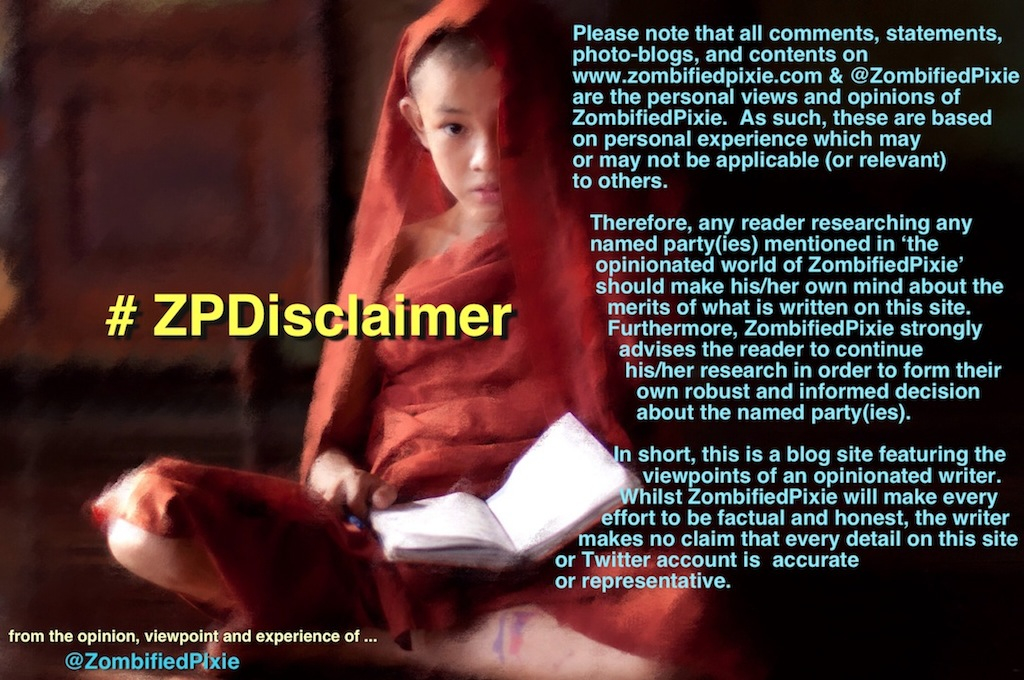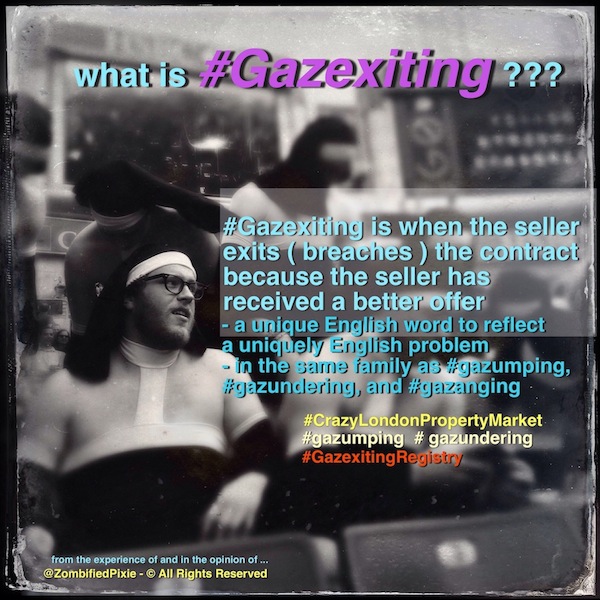
Perhaps it is a caricature, but there is truth in the portrayal of the British as brilliantly resilient in public and grumbly in private. Although I’m not British, I am very grumbly — privately … as well as publicly. But there are three things about British life that I would NEVER grumble about: the BBC, the NHS and the quality of London theatres.
Before I lived abroad, I drank the Kool-Aid that the freedom of the press and the right of free speech are the divine blood rights of all Americans and because of this unique heritage, American news is the world’s gold standard. And I believed that America’s ‘gift to the world’ is proof that a free press is integral to the protection and promotion of a democracy and a dynamic society. Furthermore, I believed that American news is the sole pillar that protects the Western world against the darkness of { fill in the blank }. I wholeheartedly believed that because I just didn’t know any better.
With 15+ years living abroad (in Europe and Asia), I’m now a little more worldwise. Although I still consume American news (mostly NYT, CNN, the Washington Post and npr.org) to get the ‘American perspective’, I esteem the BBC above all as the quality and caliber of its journalism is without any peers.
It goes without saying that the BBC news website and the BBC World News channel are exemplary. Although the BBC may not always be “the first” in the very competitive field of delivering breaking news, the BBC provides more in-depth and measured reporting. In short, I’m happy to get my breaking news a few nanoseconds later than Sky or CNN if it means that I get more accurate information.
Moving beyond breaking news, the BBC is spectacular at providing diverse, informative and objective analysis. I have the deepest respect for the journalists in their ranks — in particular, John Simpson, Lyse Doucet, Mark Urban, Orla Guerin, Jeremy Paxman, and Evan Davis. And, I particularly LOVE ‘From Our Own Correspondents’ — this is my night time current affairs lullaby. The beauty and genus of this program is that the BBC uses it’s extensive networks of international correspondents to provide their personal insights and perspectives to many topical events.
The British appears to have a love-hate relationship with the BBC — which is something I’ve never quite understood. Of course the BBC is not perfect. But, good journalism and good content provider needs funding. Without consistent and generous support from the public (via TV licenses), the BBC will have to follow the American model and rely on commercials and adverts. And anyone who has seen American news know how pervasive and toxic commercial interests are.
Succinctly, the BBC is a national institution that punches well above it’s weight and is in fact a very effective “soft” power in the British arsenal on the global stage — as seen in the newspaper propaganda below.
Another national institution that is much maligned by the British public but one that I highly esteem is the NHS. I fully accept that the NHS has many flaws and its monolithic nature means that the quality of care varies county by county. But, despite the myriad issues, the NHS is a godsend when compared to the highly dysfunctional and corrupt commercial medical complex in America.
In the US, a serious illness or injury can result in soul destroying bankruptcy. If that alone is not enough to indict the medical system, then the fact that the system is highly rigged against the ordinary person is borderline criminal. Writing from experience, I can attest to why I detest the American medical system and thus why I respect and appreciate the NHS.
Years ago, before my pending relocation to London, I decided to have a full medical checkup. As per normal procedure, I submitted my claims to the insurance company for reimbursement. And to my surprise, US Healthcare rejected my claim on the ground that the medical checkup was done after my insurance was terminated. Huh? Thankfully, it is in my nature to make copies of everything. As such, I had photocopies of the receipts and could therefore prove that my checkup was done whilst my insurance was still valid. With irrefutable proof submitted, US Healthcare could no longer justify their position and thus reimbursed my expenses. The sad thing is that the insurance company already had the ‘proof’ on file — I did not submit any new information. I simply proved to the insurance company that I was willing to fight them. In my opinion, it was shameful that the company tried to squirm out of it’s legal obligation by employing ‘the computer says no’ policy by default. In doing so, the onerous is placed on the ordinary person to fight his/her corner and the insurance company avoids paying if the claimant is too ill/busy/not available to fight back.
The private, for-profit insurance complex is not only highly bureaucratic with layers upon layers of paperwork, it is also highly corrosive. Years ago, my father suffered a stroke. Although my family had one of the best private medical insurance and my father’s illness was covered by this policy, the stress of complying with the myriad procedures and forms was debilitating for my poor mother. Moreover, at times it seemed that medical decisions were made for the benefit of the insurance company’s best interests and not for my father’s best medical interests. Thankfully, there are 4 medical doctors in my family and thus we had the medical knowledge to push back on the nonsensical (commercial) decisions and as such we were able to ensure that my father received decent care as per his medical insurance policy.
I compare my father’s medical treatment in the US with my father-in-law’s treatment for cancer in the UK under the NHS and it is clear to me that the NHS has a more compassionate and more comprehensive model. In particular, I was particularly impress that the NHS doctor actually did home visits — whilst this is a simple matter, it actually made a big difference in terms of the patient’s comfort.
In short, it is very easy to demonise the NHS — and in many cases, the rebukes are valid. NHS imperfections aside, I would argue that the alternative (private medical care instead of public medical care) is a big step backward and in the wrong direction. The NHS, like the BBC, needs investments — because all good things require effort.
( to be continued . . . )




